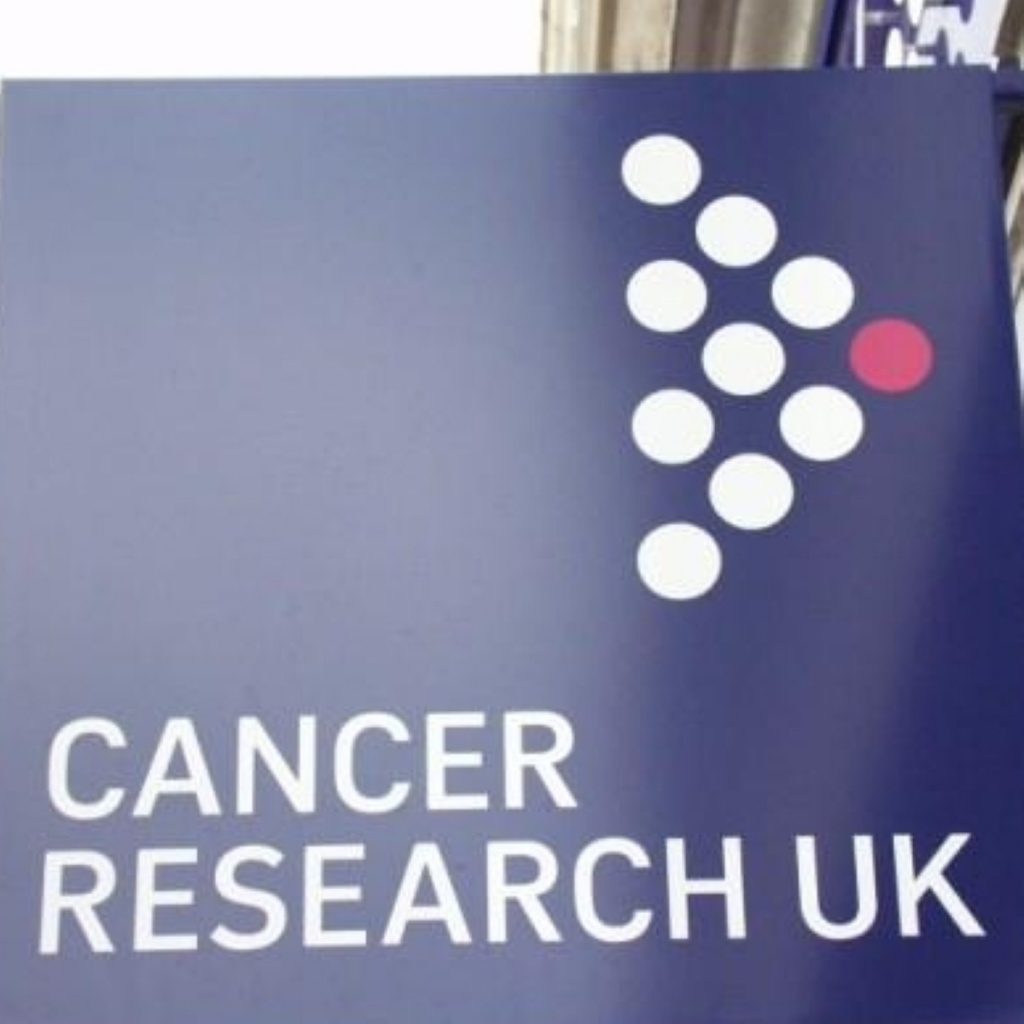Breast cancer cases ‘on the increase’
Breast cancer cases in the UK are at record levels, with more women being diagnosed than ever before.
Cancer Research UK has released new figures showing that more than 40,000 women are diagnosed with the disease each year.
However, survival rates are improving, with three out of four women living five years or more after diagnosis. In 2001 around 13,000 women died of the disease – a decrease of 21 per cent on 10 years ago.
The NHS has now started screening all women between 50 and 64 every three years and experts at Cancer Research UK attribute the increased chances of survival to better treatment and screening.


Scientists are still unclear what is to blame for the rise in breast cancer cases, but cite rising levels of obesity, which can cause greater levels of oestrogen post-menopause and fewer women choosing to breastfeed as possible factors.
Weight, height and alcohol consumption all affect risk patterns, while choosing not to breastfeed or have a baby at all can increase women’s chances of contracting the disease.
Cancer Research UK clinical director, Professor Robert Souhami, commenting on the figures, called the increase in diagnoses ‘ a matter of concern’ but added: ‘Research is beginning to uncover the factors which affect risk, and knowing who is at risk and why is the first step towards prevention.
‘In the meantime, early detection remains very important in preventing deaths from breast cancer and it is essential that women are aware of this and attend for screening when they are invited.’
Figures published by the Office of National Statistics in 2000 showed the risk of UK women getting breast cancer was one in nine.
The new figures come as trials carried out by Cancer Research UK show that treating breast cancer with a cocktail of chemotherapy drugs may significantly improve a woman’s chances of surviving the early stages of cancer.
In the largest trial of its kind in the world, researchers found that the right combination of modern chemotherapy treatments – which includes the drug ‘Epirubicin’ – breast cancer recurrence following surgery could be prevented and deaths reduced.
According to Dr. Chris Poole from Cancer Research UK Clinical Trials Unit at the University of Birmingham, the combinations of drugs has been refined over the years, resulting in improved survival rates.
‘This particular trial has yielded a dramatic difference in survival and it’s incredibly rare to get such a significant increase by using existing drugs in a slightly different way,’ he said.












